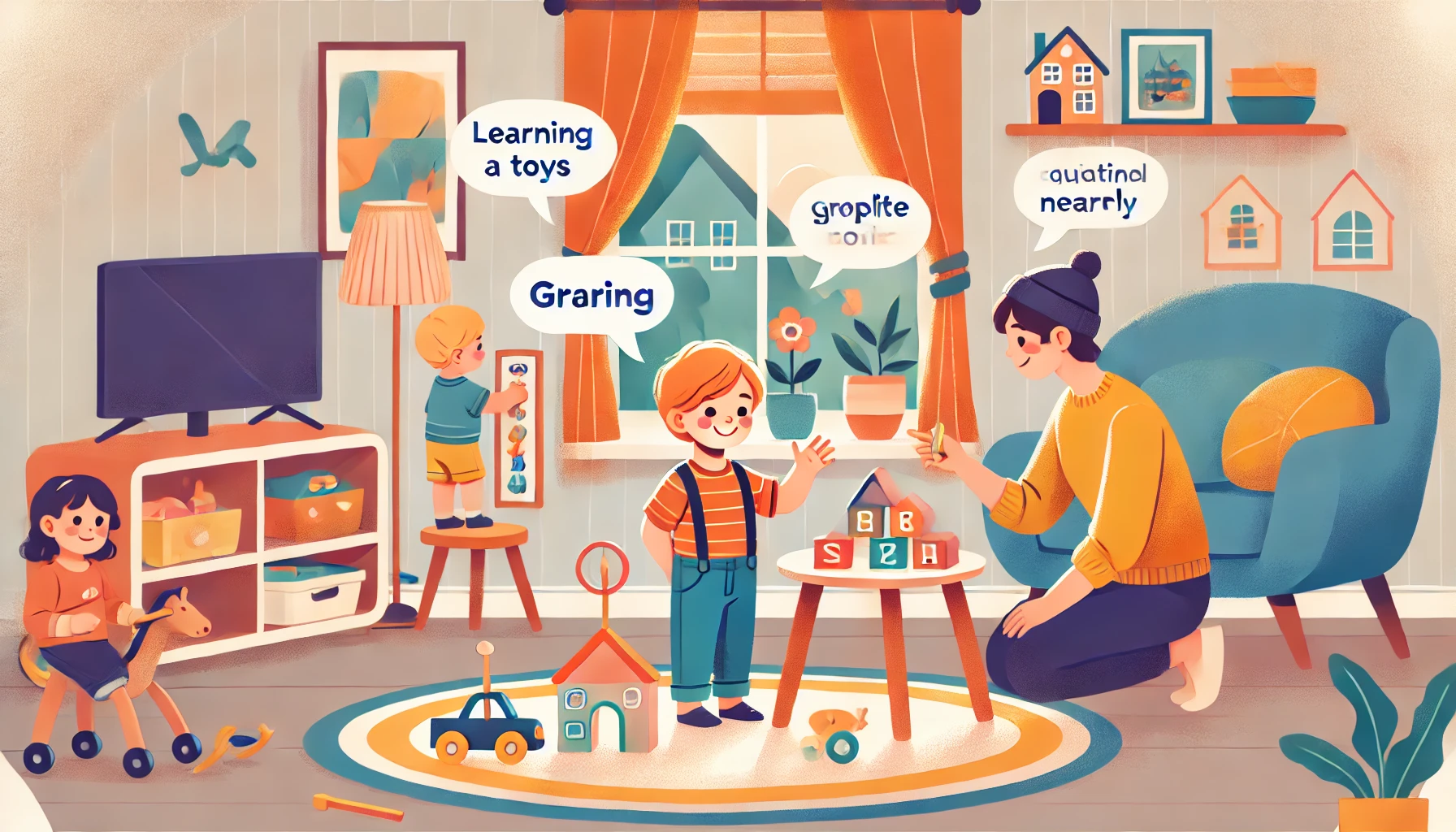Social skills are essential for children to build healthy relationships, express themselves effectively, and navigate the world with confidence. Teaching these skills at home lays the foundation for strong communication, cooperation, and emotional intelligence. In this article, we’ll explore practical ways to help young children develop positive social behaviors through play, daily interactions, and guided learning.
Why Social Skills Matter in Early Childhood
- Enhances communication – Helps children express their needs and thoughts clearly.
- Builds friendships – Encourages positive interactions with peers and family members.
- Develops empathy – Teaches children to recognize and respect others’ feelings.
- Encourages cooperation – Promotes teamwork, sharing, and problem-solving.
- Boosts confidence – Helps children feel comfortable in social settings.
1. Teach Basic Manners Through Daily Interactions
Good manners create a strong foundation for respectful communication.
Activity Idea:
- Model polite phrases like “please,” “thank you,” and “excuse me” in everyday conversations.
- Role-play scenarios where your child greets someone, asks for help, or says “sorry.”
- Praise them when they remember to use polite words on their own.
What Kids Learn:
- Respectful communication
- The importance of kindness
- Positive social habits
2. Encourage Sharing and Taking Turns
Sharing is a key social skill that helps children build friendships and develop patience.
Activity Idea:
- Use a timer during playtime to help children take turns with toys.
- Play cooperative board games that require turn-taking.
- Praise and reinforce positive behavior when your child shares voluntarily.
What Kids Learn:
- Patience and fairness
- Understanding others’ perspectives
- Cooperation and teamwork
3. Practice Active Listening
Listening is just as important as speaking in social interactions. Teaching children to listen helps them understand others and respond appropriately.
Activity Idea:
- Play “Simon Says” to improve listening skills.
- Read a story and ask your child questions about what they heard.
- Encourage eye contact and nodding when someone is speaking to them.
What Kids Learn:
- Focus and attention
- Respectful listening habits
- Communication skills
4. Use Pretend Play to Model Social Situations
Children learn best through play. Acting out real-life scenarios helps them practice social skills in a fun way.
Activity Idea:
- Set up a “restaurant” or “grocery store” where they practice ordering food or making purchases.
- Role-play introductions, greetings, and friendly conversations.
- Pretend to be a doctor, teacher, or firefighter to help children learn respectful interactions in different roles.
What Kids Learn:
- Social confidence
- Adaptability in different settings
- Problem-solving in interactions
5. Teach Empathy Through Storytelling
Empathy helps children understand and relate to others’ emotions. Books and storytelling are great tools for teaching this skill.
Activity Idea:
- Read books that focus on emotions and ask, “How do you think this character feels?”
- When your child is upset, help them name their feelings and talk about how others might feel in similar situations.
- Encourage acts of kindness, like making a card for a friend or comforting a sibling.
What Kids Learn:
- Emotional awareness
- Perspective-taking
- Compassion and kindness
6. Set Up Playdates and Group Activities
Interacting with peers helps children practice social skills in real-life settings.
Activity Idea:
- Organize a small playdate with activities that require teamwork, like building a puzzle together.
- Encourage cooperative outdoor games like tag or hide-and-seek.
- Teach children how to introduce themselves and start a conversation with new friends.
What Kids Learn:
- Friendship-building
- Conflict resolution
- Positive group dynamics
7. Teach Conflict Resolution in a Calm Way
Children need guidance on how to handle disagreements peacefully.
Activity Idea:
- When a conflict arises, guide your child through problem-solving steps: “What happened?” → “How do you feel?” → “What can we do to fix it?”
- Teach simple phrases like “Let’s take turns” or “How about we try this together?”
- Model calm behavior by resolving your own frustrations with patience.
What Kids Learn:
- Emotional regulation
- Negotiation skills
- Healthy ways to handle disagreements
8. Praise Positive Social Behavior
Children are more likely to repeat good behavior when they receive positive reinforcement.
Activity Idea:
- Praise them specifically: “I love how you waited your turn to talk!”
- Use a sticker chart to reward acts of kindness, sharing, or listening.
- Encourage self-reflection by asking, “How did it feel when you helped your friend?”
What Kids Learn:
- Self-awareness
- Confidence in social situations
- Motivation to continue positive behaviors
Final Thoughts
Teaching social skills at home helps children build strong relationships and navigate social interactions with confidence. By incorporating daily practice, role-playing, and positive reinforcement, parents can nurture respectful, kind, and socially aware children.
